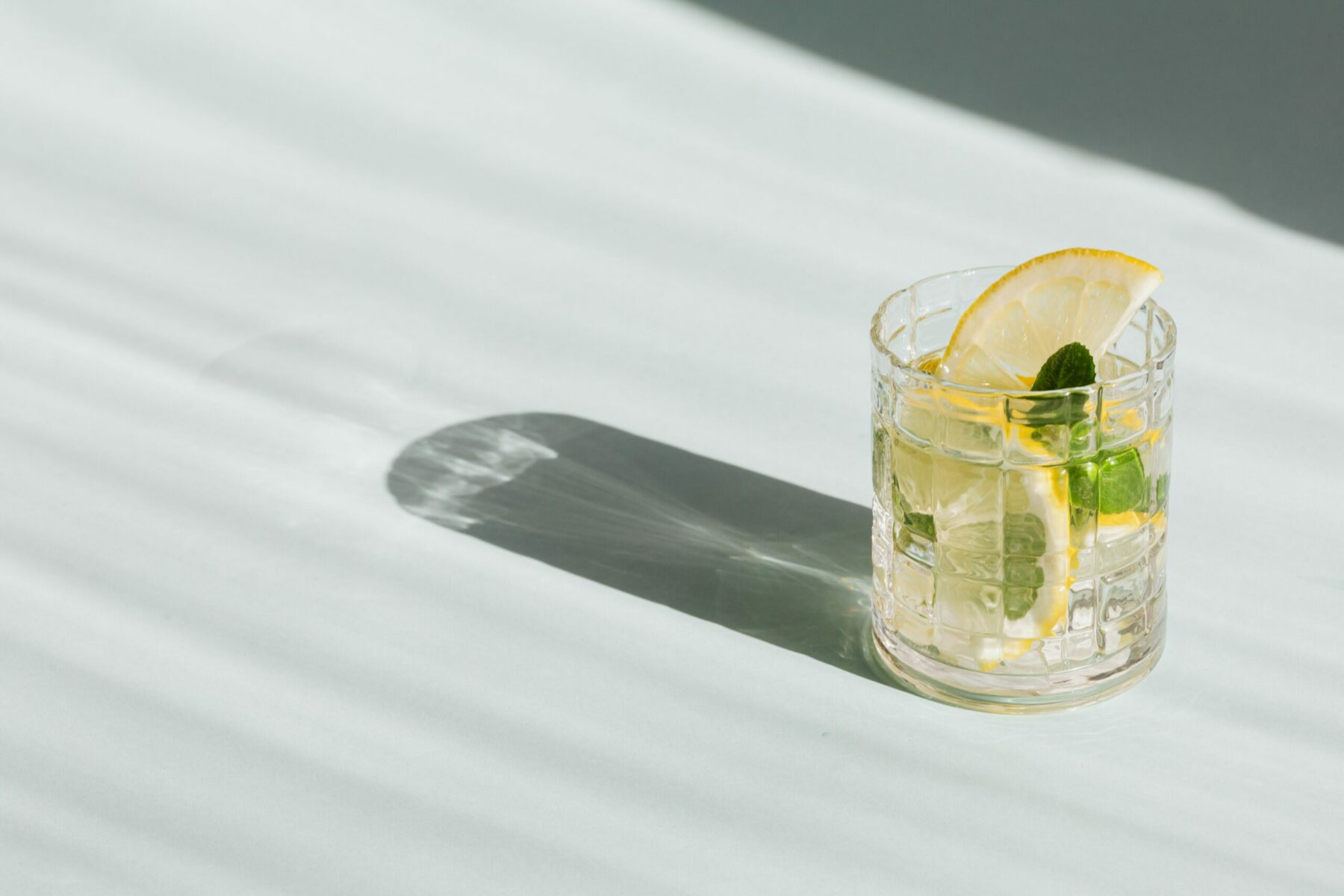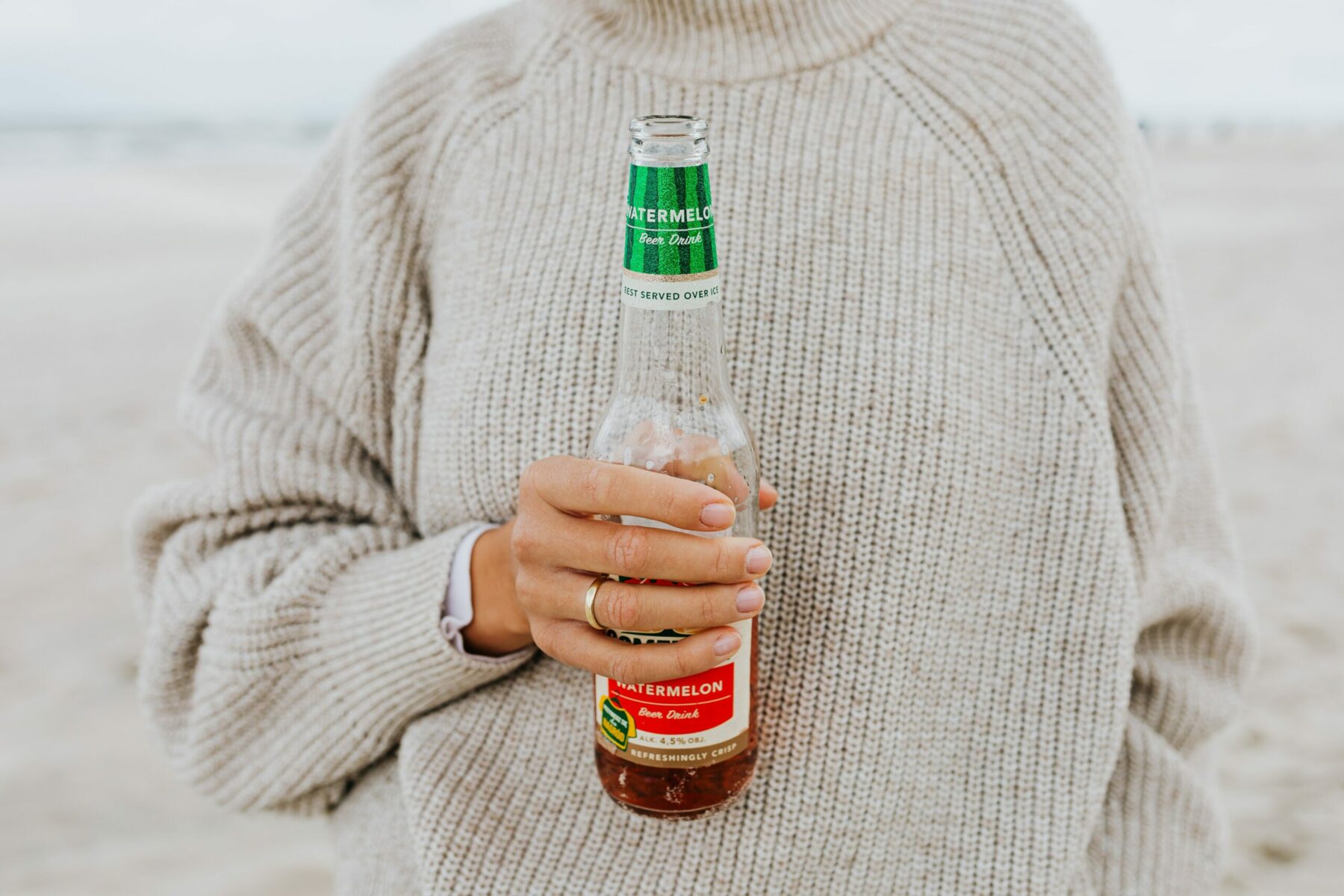What is the Sober Curious Mindset?

To be “sober curious” means you’re interested in learning about sobriety and how it might benefit your mind and body. You may be sober curious if you’re never tried going alcohol-free before, but want to give it a try because you’ve noticed you don’t like how you feel when you drink alcohol, or you’ve noticed some negative impacts of alcohol on your physical health.
Do I have to cut out alcohol completely?
The great thing about being sober curious is that you do not have to commit to a strict regimen. For some people, sober curiosity might look like cutting back on their alcohol intake by a certain amount. For others, it might look like total abstinence for a set period of time.
There are no rules to sober curiosity. This is a chance to take a deeper look at how much you drink, how you feel when you drink, your motivations behind drinking and how you feel after a period of sobriety. You can choose to make certain exceptions for your own sober curious journey, such as having a drink on a special occasion.

How long would I need to stay sober?
How long you remain abstinent from alcohol is up to you. If you’re not sure about the sober curious movement but want to try it out, you can start with a smaller period of one to two weeks. Many people go sober for one month (such as people who participate in Dry January), and others may choose to stay sober for several months.
What happens if I have a drink?
It’s perfectly normal to slip up and have a drink during a period of sober curiosity. This process does not have to be perfect. If you have a drink, don’t throw in the towel. You are still learning and growing in your relationship with alcohol, and it’s OK if you don’t execute this process exactly as you’d hoped.
If you have a drink, don’t beat yourself up about it. Later that day or the next, take a few minutes to consider why you had that drink. Did something trigger you? What were you feeling? Did you feel pressure from friends who were drinking? Questions like this can open up greater insight into why you typically drink and reveal certain areas you may like to focus on during this process.
How can I stay sober?
You can stay sober by having a game plan before you get started. First, you’ll need to think of the scenarios in which alcohol may come up and prepare a plan for dealing with those situations. For example, if your family gets together for dinner each Sunday evening to chat over glasses of wine, come with your own beverage and be ready to share that you’re not drinking right now (this can be as simple as “I’m going sober for the month”).
Next, you can think through why you typically turn to alcohol. If you drink in times of stress, come up with new methods of managing stress and anxiety so when those moments arise, you’re ready. If you have a drink out of boredom, try finding new hobbies and activities to occupy your time and keep your mind active.

Does this mean I’m an alcoholic?
If you are sober curious, this does not necessarily mean you’re an alcoholic. Anyone can be sober curious, from the person who drinks once a month to the person who drinks daily.
However, if you find it difficult to stay sober and have multiple moments of relapse, it might point to a deeper issue. This is a good time to ask a friend, family member or trusted person for their opinion. If you feel alcohol has become an issue in your life, you might consider talking to a therapist or joining a sober curious support group to get perspective from other people.
About the Author

Sarah, an addiction specialist with Ark Behavioral Health, is devoted to helping families come together and understand addiction. Sarah began her career at Northeast Addictions Treatment Center as an admissions representative and moved into patient care as the alumni director and community outreach. The role has allowed her to spread awareness, connect with those struggling with alcoholism and drug addiction, and watch families reunite as the individual achieves sobriety. She is an experienced alumni director with a demonstrated history of working in the mental health care industry. Addiction Specialist with Ark Behavioral Health






